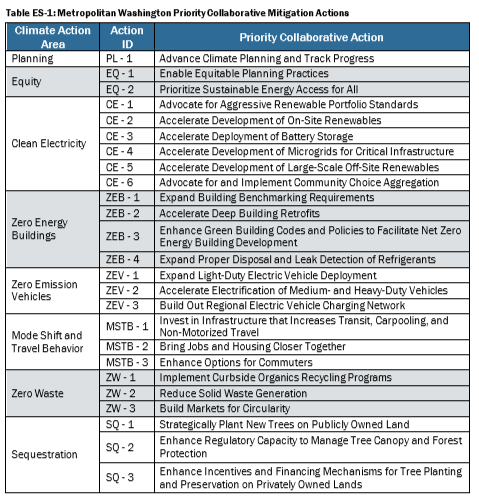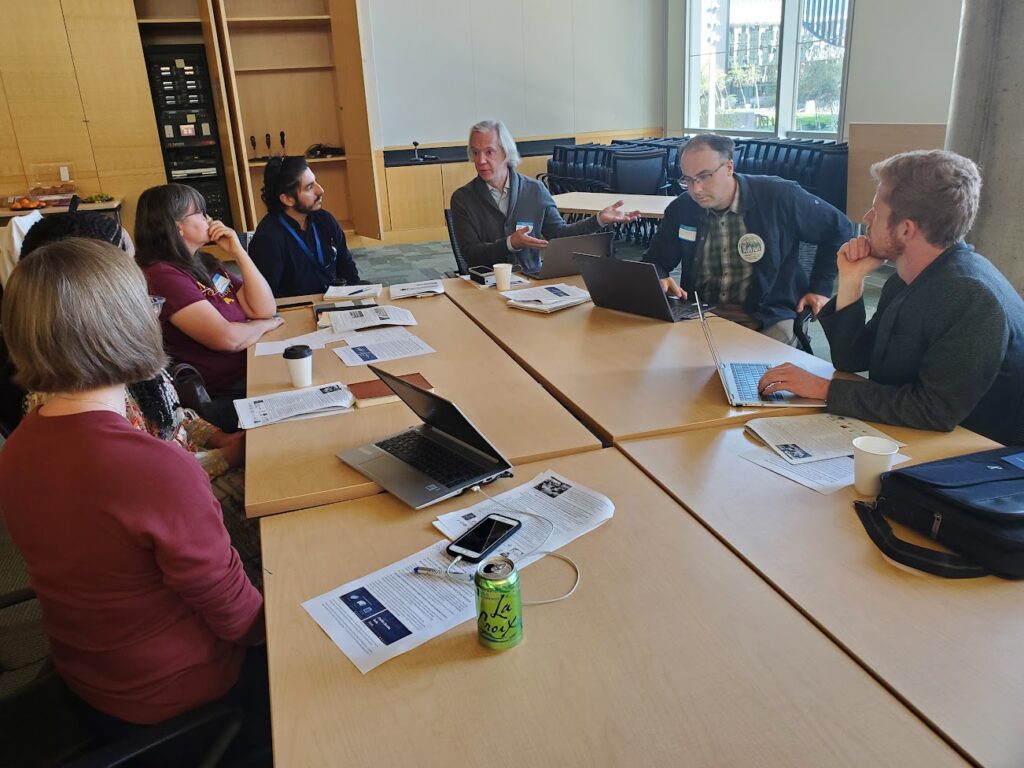
Collaborative Climate Implementation
Hello Nonprofit, Business, Local Government & Community Partners ! Congrats on all the climate-friendly legislation we helped the 2023 Legislature to pass!
Let’s ensure our new climate policies and funding get implemented locally!
Please join in advancing COLLABORATIVE CLIMATE IMPLEMENTATION Collaborative climate implementation between State Agencies, Regions, Counties, Cities and nonprofits, businesses, EJ & Community-Based Groups through the six inter-agency MN Climate Action Framework goal work teams to ALIGN state, regional, county and city climate goals SYNCH UP federal state and local funding and DEVELOP strategy maps to facilitate multi-city funding requests & collaborative local implementation with cities and counties
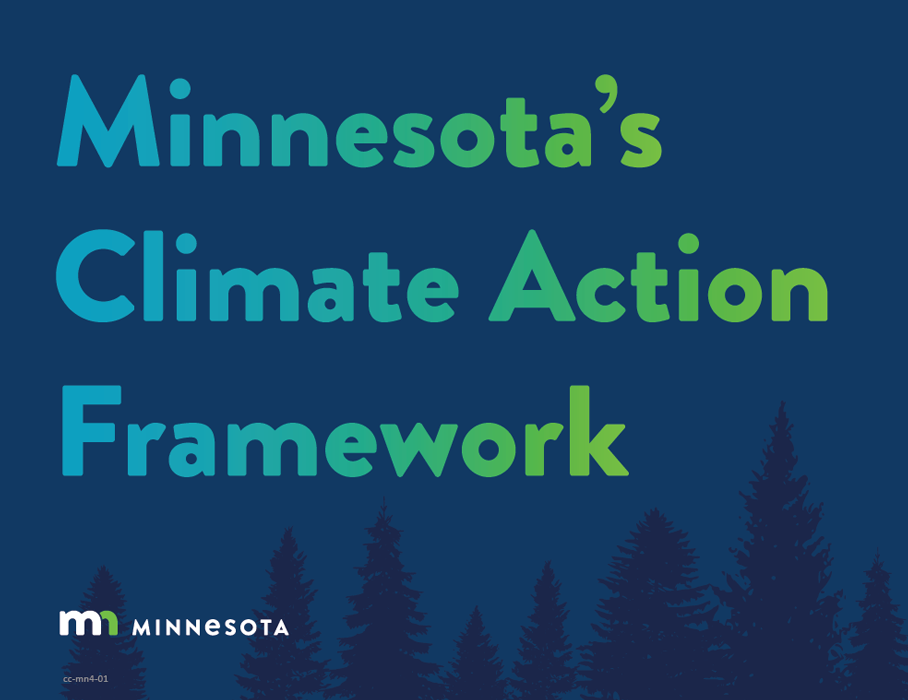
- Clean Energy and Efficient Buildings
- Clean Transportation
- Climate Safe Natural and Working Lands
- Resilient Communities
- Healthy Lives and Communities
- Clean Economy
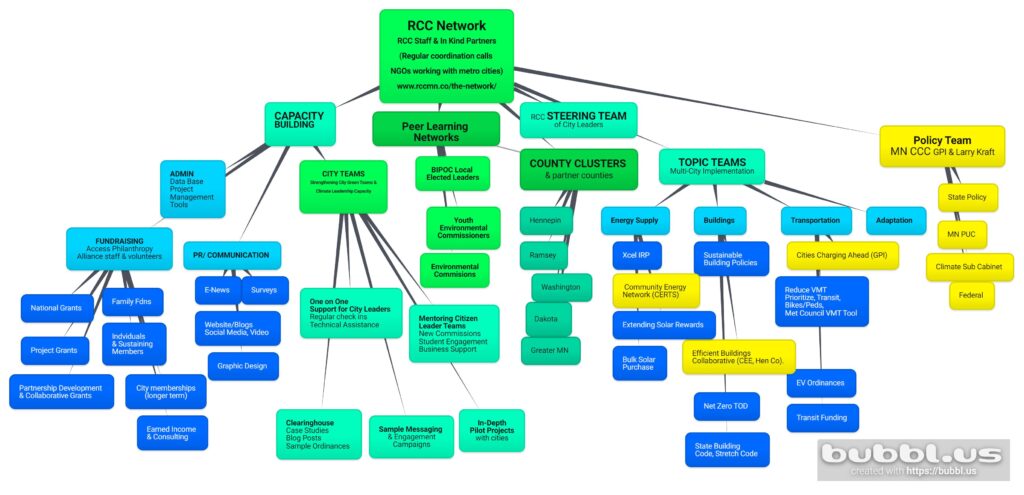
Please let us know your level of interest and how you can help
Fill out our survey & https://forms.gle/ZxtuDiyAKfwMSHv29
Add to our list of MN Climate Coalitions supporting local implementation
&/or find a time to grab coffee! THANKS Sean
Sean Gosiewski, RCC 612 250-0389 sean@rccmn.co
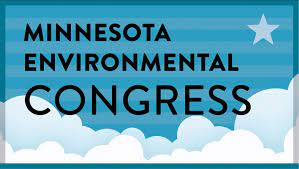
- We’re encouraging the MN EQB to co-convene local government, nonprofit, business & community partners at their MN Environmental Congress in 2024
- to brainstorm collaborative next steps with the six inter-agency MN Climate Action Framework goal teams and local leaders from regions, counties and cities
- to implement state, regional and local climate action plans using all the new federal & state climate funding & tax credits to cut carbon & advance equity & local resilience!
- RCC Suggestions for the EQB Nov 2023 Environmental Congress https://rccmn.co/mn-environmental-congress/
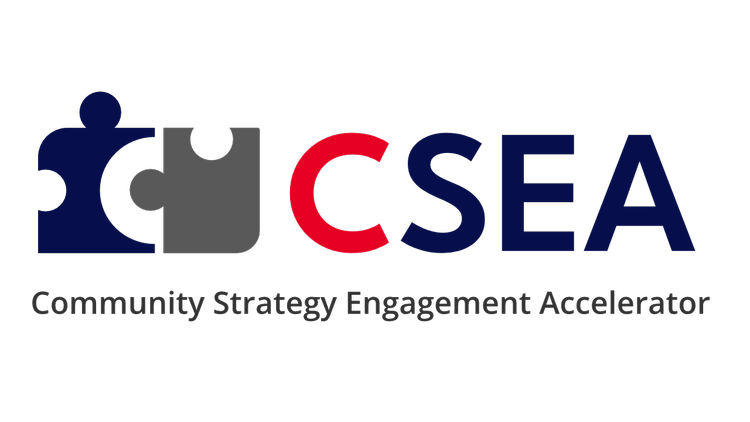
Community Strategy Engagement Accelerator – year long opportunity for topic teams to do collaborative strategy mapping for multi-jurisdictional implementaiton https://www.insightformation.com/csea-2023
The(CSEA) begins in mid August. This session provides an opportunity to ask questions and to see details of the program in depth. The CSEA program is an ideal way to build the capacity of coalitions, collective impact backbone organizations, funders and others who desire to see more effective ways to address complex, boundary-crossing social challenges.
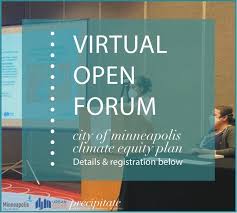
Comments from Resilient Cities and Communities for the City of Minneapolis Climate Equity Plan
for CITY OPERATIONS & ENTERPRISE LEADERSHIP (page 59) Goal – Net Zero GHG by 2040 City Operations
RCC supports strategies 1 to 9 especially (1) Implement a Climate Legacy Initiative to support Climate Action (2) Establish an Enterprise Climate Equity Cabinet
RCC recommends adding a Strategies 10 and 11 to maintain mutual accountability and transparency on spending and actions taken during implementation
- Strategy 10 – Annual Climate Equity Plan Implementation Report & Budget Requests
- Strategy 11 – Launch Collaborative implementation of the Minneapolis Climate Equity Plan – with Topic-Specific Implementation Teams
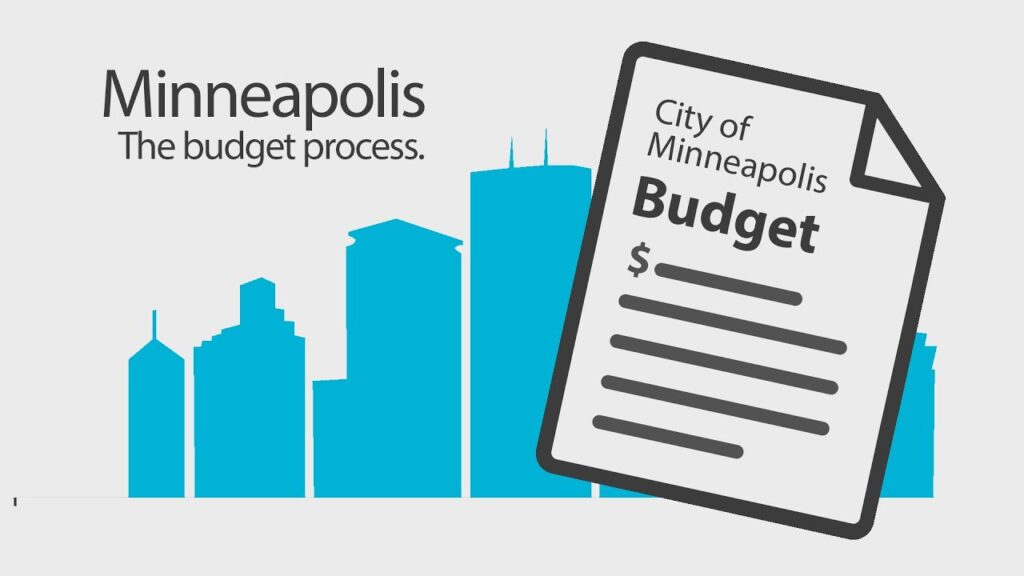
- Strategy 10 – Annual Climate Equity Plan Implementation Report & Budget Requests – each July city staff & the Enterprise Climate Equity Cabinet will give a status update report on the Climate Equity Plan implementation to the Mayor, Council, Commissions, partners and public (in collaboration with the Capital Long Range Improvement Committee)
- For each goal area and strategy the report will include the steps taken, outcomes, gaps and budget requests for the upcoming year for all the goal areas and strategies.
- The Mayor’s staff will then be able to consider including these budget requests in the draft City Budget they will present to the City Council in August for the next year.

- Strategy 11 – Launch Collaborative implementation of the Minneapolis Climate Equity Plan – with Topic-Specific Implementation Teams – including city, county, state, nonprofit, business, community-based implementation partners) to align & secure local state & federal funding, solve capacity gaps, streamline implementation, facilitate shared-learning & maintain mutual accountability and transparency during implementation.
- A nationally recognized local example is Insight Vision.
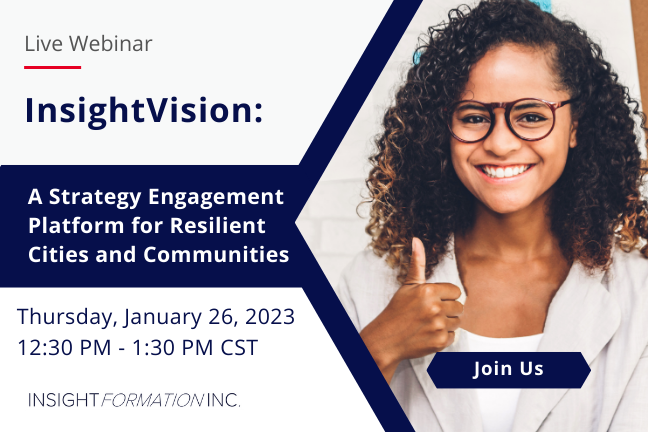
Creating the annual report and status update to maintain mutual accountability for implementation and to show how funds are being invested could be steam lined by managing implementation of the Climate Equity Plan in a Collaborative Strategy Engagement Platform – a nationally recognized local example is Insight Vision.
An example of converting a PDF document of the Minnesota’s Climate Action Framework into a Strategy Map and into InsightVision
Example converting MN State Climate Action Framework PDF into a Strategy Map
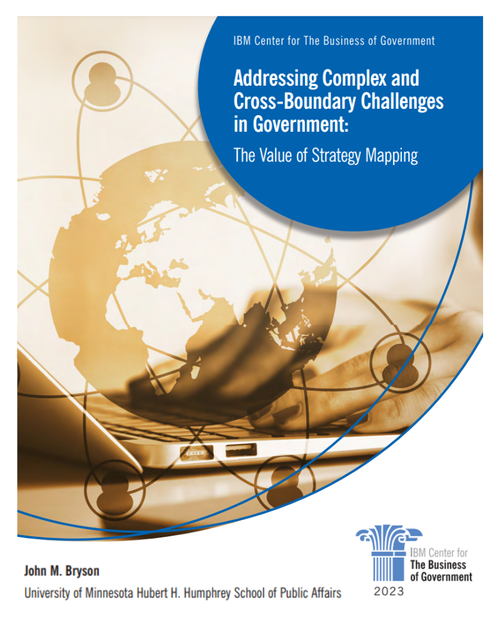
Collaborative Implementation Elements
- Topic-Specific Implementation Teams
- Multi-departmental – with City Staff (across departments)
- Inter-jurisdictional – with peer staff working to advance the same issues – from other cities, counties,
- With implementation partners – nonprofit, business and community-based implementation partners
- Insight Vision Strategy Engagement Platform (nationally recognized) https://www.insightformation.com/
- Peer Learning to strengthen topic teams – Community Strategy Engagement Accelerator August 1, 2023 – July 31, 2024 https://www.insightformation.com/csea-2023
- Interview with Bill Barberg on Strategy Mapping https://www.businessofgovernment.org/interviews/4853

Collaborative Implementation Benefits
- Making the most of all funding sources – Enabling cities and counties to fund local implementation with comprehensive knowledge of federal IIJA and IRA funding and new 2023 MN Legislation
- Facilitating the development of successful federal funding proposals of topic-specific collaboratives & regional collaborative
- Facilitating collaborative multi-city local implementation, and shared learning to scale up implementation.
- Addressing capacity gaps together – city staffing, implementation contractors and work force capacity,
- Effectively solve state and regulatory policy barriers
- Collaboratively document & success stories for shared learning and reporting

Suggestion/ Proposal to Facilitate Collaborative Strategy Mapping by Topic in 2023 & 2024 in with State Agencies, nonprofits working with cities, topic experts and EJ/community based/ NGOs with support from Resilient Cities and Communities, Insight Formation and as part of
- MPCA Updating the MN Climate Action Framework with interested cities and counties
- Met Council/Metro Region EPA Climate Action Planning with cities and counties to
- facilitate successful collaborative multi-city funding proposals (IIJA, IRA, etc.) in 2024 and
- collaborative multi-city local implementation, shared learning to scale up implementation.

Building on our Minnesota Climate Action Framework’s six strategy areas & agency work teams: Clean Transportation , Climate-Smart Natural and Working Lands, Resilient Communities, Clean Energy & Efficient Buildings, Healthy Lives and Communities and Clean Economy (mitigation & adaptation)
- Using the Insight Vision Strategy Management Platform and one-on-one support from state agency and NGO topic resource people,
- with interested work group members also participating in the Community Strategy Engagement Accelerator 2023 Program (CSEA) a few hours a month
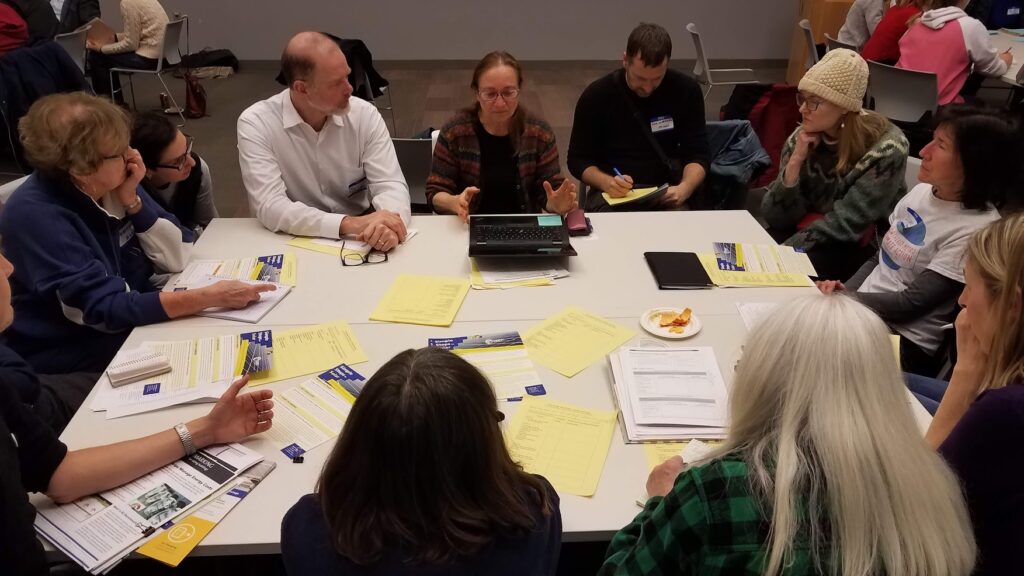
- Agency staff from six interagency work teams & lead NGO partners will do the initial homework to create strategy maps for the six topic areas: Clean Transportation , Climate-Smart Natural and Working Lands, Resilient Communities, Clean Energy & Efficient Buildings, Healthy Lives and Communities and Clean Economy by reviewing and lining up goals and strategies from the MN Climate Action Framework, regional, county and leading city climate action plans
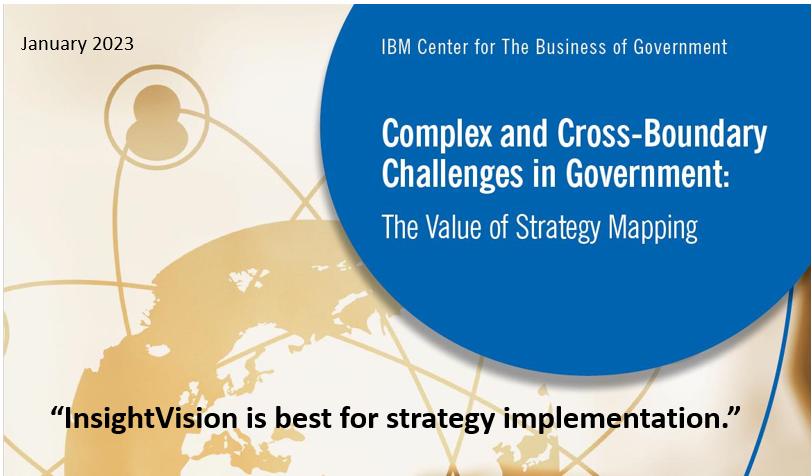
- Convene Six Topic Work Teams with colleagues, practitioners and stakeholders, working on each topic on the State, Regional, County, City and Community levels to review and improve the draft strategy maps and prioritize strategies, document co-benefits, identify relevant federal IIJA, IRA, state, county & city funding sources.
- Clean Transportation ,
- Climate-Smart Natural and Working Lands,
- Resilient Communities,
- Clean Energy & Efficient Buildings,
- Healthy Lives and Communities and
- Clean Economy
| Clean Transportation | Working Lands | Resilient Communities | Energy & Buildings | Healthy Lives & Communities | Clean Economy | Zero Waste | |
| Agency Teams | MN DOT | DNR, AG | MPCA, DNR, U of MN | Commerce | MPCA, Health | Commerce DEED | MPCA |
| Lead NGOs | Move MN, U of MN CTS | Nature Cons LSP | RCC, Freshwater | CEE, Fresh Energy | |||
| Regional | Met Council | ||||||
| County | Co. staff | Hen co | |||||
| City | City staff | ||||||
| Nonprofit Business, CBO & EJ Partners | Nature Cons TPL, LSP, FMR, MSHC Forever Green | RCC, Tree Trust, Green Mpls, Fresh Water, |
